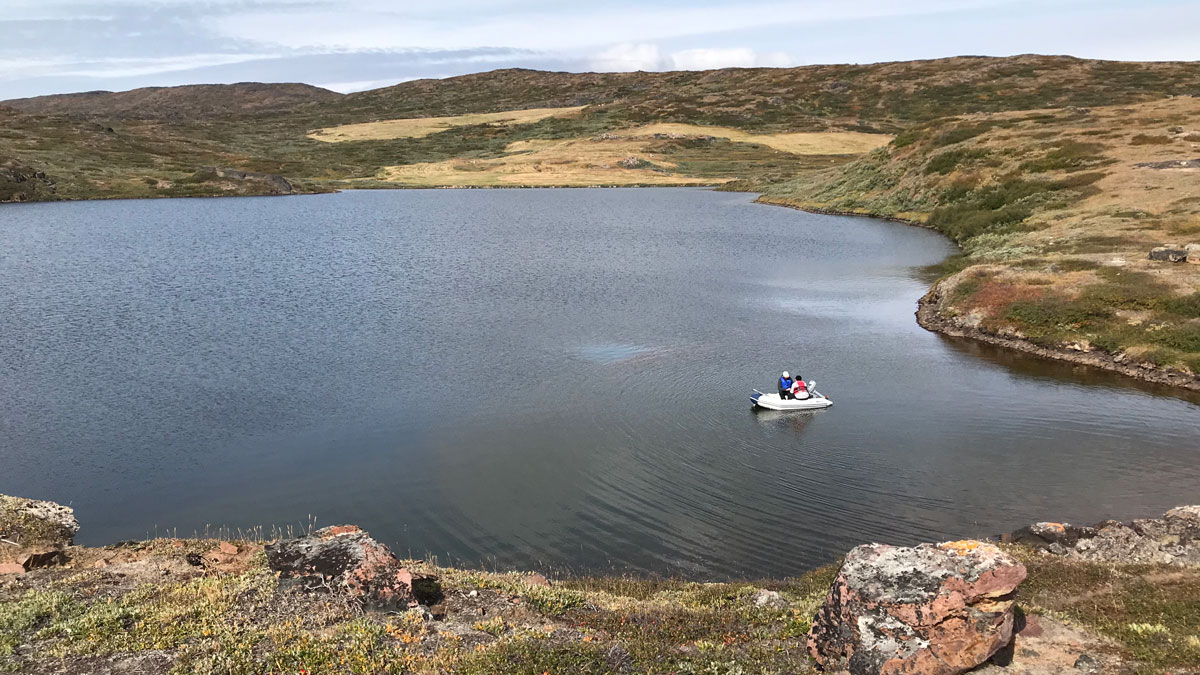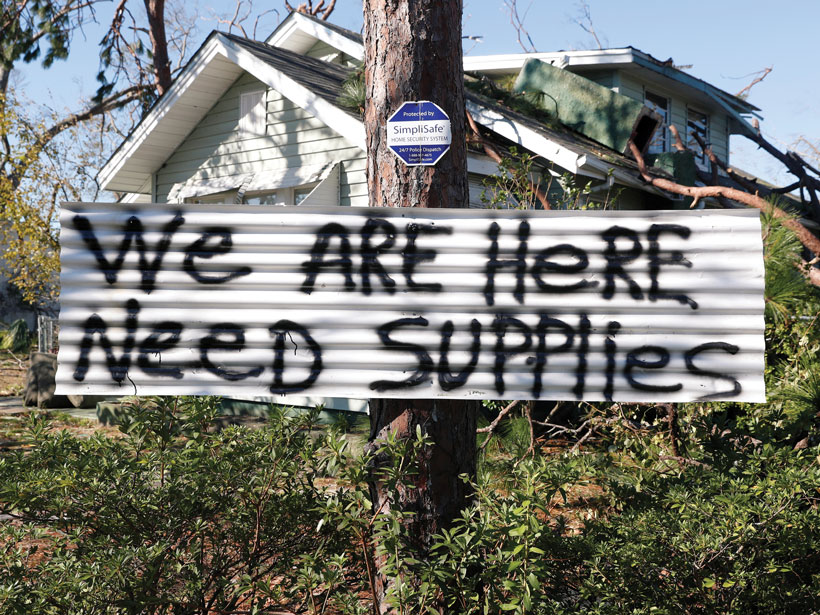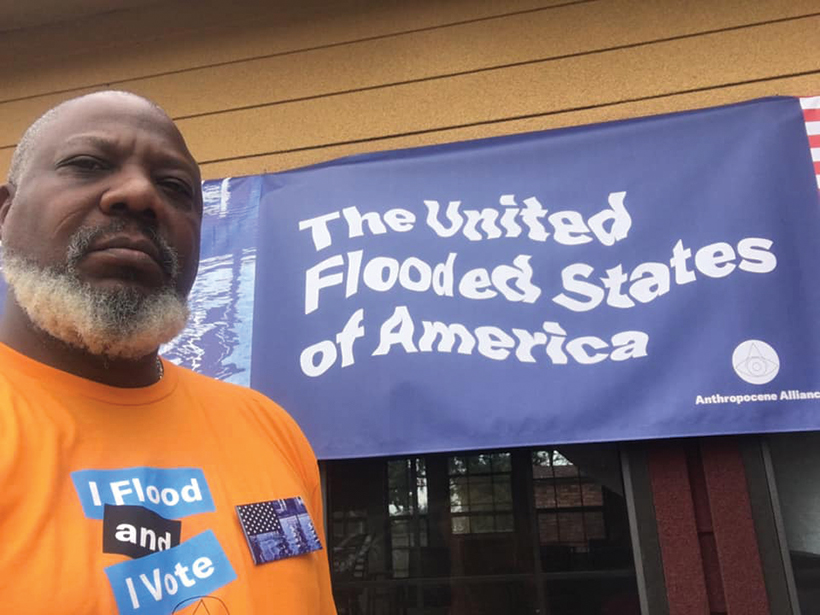A persistent drying trend, not plunging temperatures, may have played a role in the unexplained disappearance of Norse settlers from Greenland, according to researchers.
Korena Di Roma Howley
Korena Di Roma Howley is a freelance writer and editor. She began her career at National Geographic, where she wrote and edited science, travel, and photography content. She currently writes for Eos and other publications and websites and is a contributing editor for biannual and quarterly magazines published by the American Institute of Physics.
The Changing Climate’s Snowball Effect
Shrinking snowpack, thawing permafrost, and shifting precipitation patterns have widespread consequences. Can new technologies—and public policies—help communities adapt?
Holy Water: Miracle Accounts and Proxy Data Tell a Climate Story
In 6th century Italy, saints were said to perform an unusual number of water miracles. Paleoclimatological data from a stalagmite may reveal why.
Natural Hazards Have Unnatural Impacts—What More Can Science Do?
As disadvantaged communities suffer disproportionately from natural hazards, scientists, policymakers, and emergency managers explore why policies are failing—and what can be done about it.
Deep Biases Prevent Diverse Talent from Advancing
A new study indicates that underrepresented students in science-related fields are innovating at high rates—but not reaping commensurate rewards.
Profits for the Planet
Entrepreneurs are addressing global challenges with science-based—and financially sustainable—solutions.
The Layered Legacy of Clyde Wahrhaftig
As the geologist’s beloved guidebook gets a digital makeover, his personal contributions to the field shed light on who he was as a scientist.
Communities Thrive with Thriving Earth
As AGU celebrates 100 years, its Thriving Earth Exchange is setting a foundation for the future, partnering with community leaders to bring scientific solutions to pressing local issues.
Green and Grand: John Wesley Powell and the West That Wasn’t
One hundred fifty years ago, the explorer and scientist argued that the West needed smart development. Now the fast-growing region is playing catch-up.









